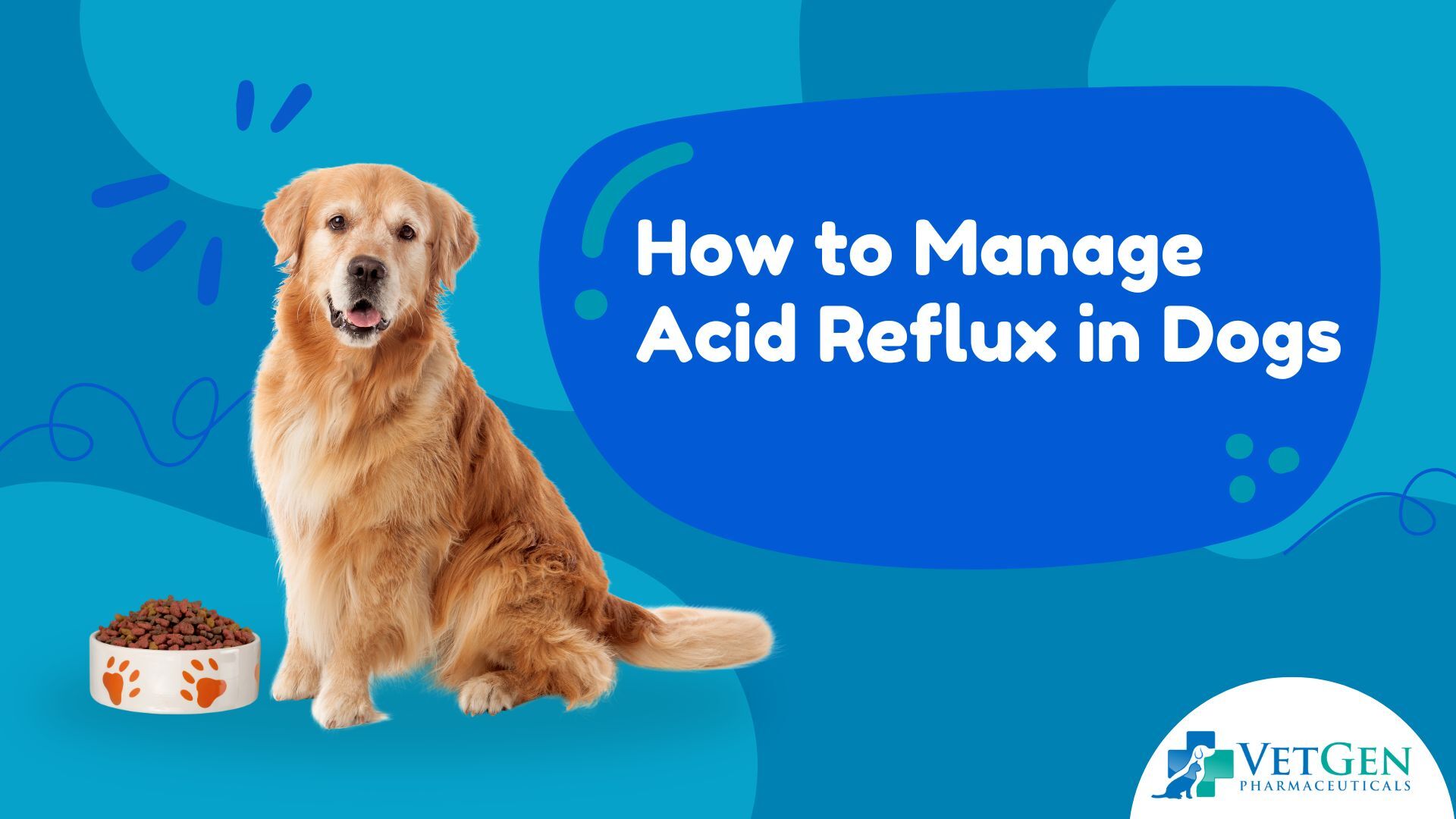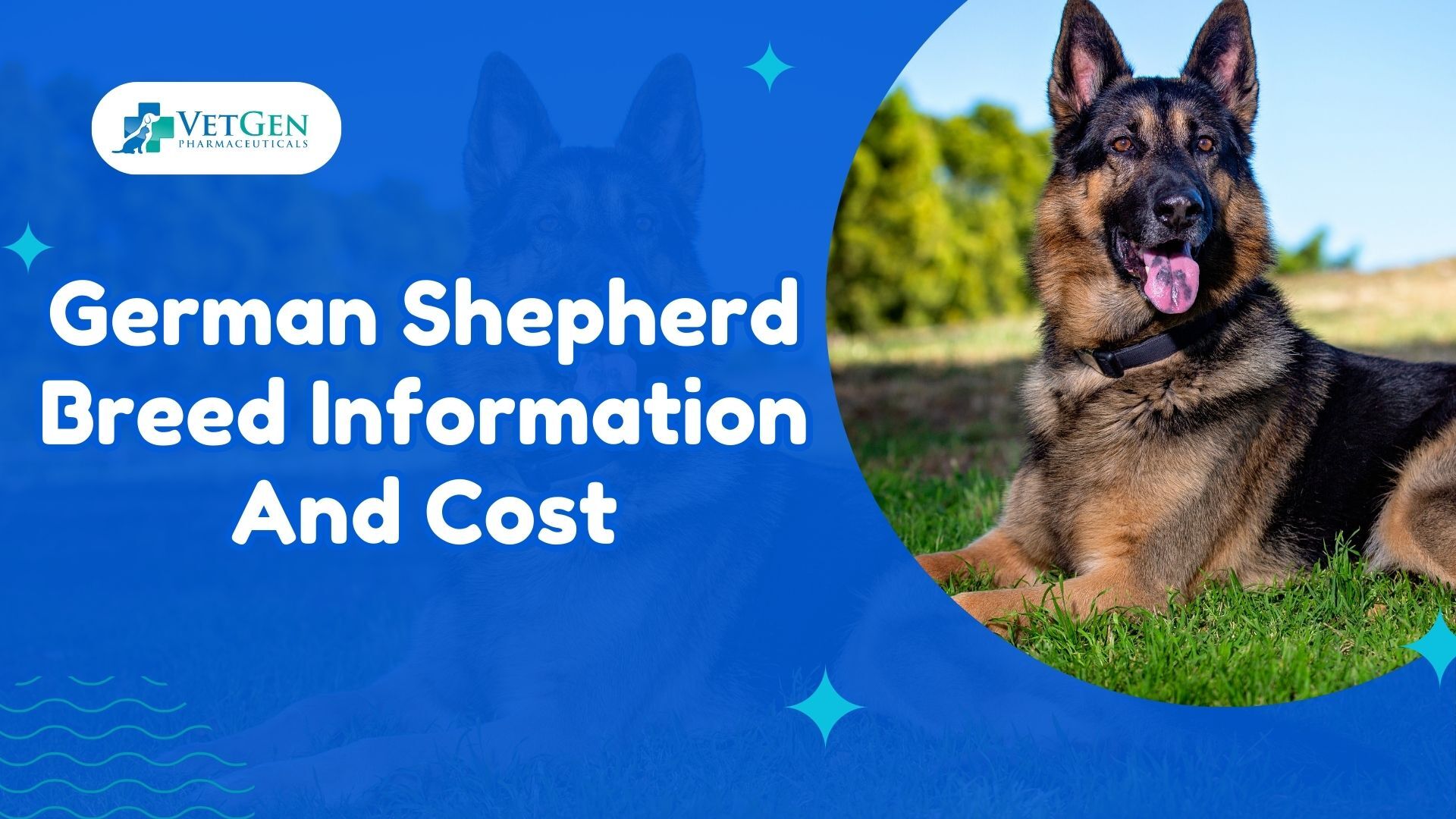Table of Contents
Does your pet suffer from acid reflux? Yes, just like humans, they, too, can develop acid also referred to as gastroesophageal reflux. It is a disease which results from the upward regurgitation of the intestinal or gastric content in the esophagus.
In dogs, same as in humans, it may result in a burning pain in the chest region, and as a result, the animal cannot swallow food or even water. Here, it will be important that we learn how you can exercise control over acid reflux in dogs.
What is it meant by acid reflux in dogs?
GERD stands for gastroesophageal reflux disease and is a condition whereby fluids from the stomach or the intestine flow back into the esophagus. This may well be due to the muscular ring that controls the opening of the esophagus to the stomach, known as the lower esophageal sphincter, becoming lax.
While this happens during anaesthesia, it can also occur due to several other unknown reasons.
This gastroesophageal reflux, also known as “acid reflux”, is thought to be quite common in dogs, especially the younger pups and brachycephalic or flat-faced dogs.
The gastric acid, bile salts, pepsin, and other components of the gastrointestinal juices can cause damage to the protective lining of the esophagus in dogs, thereby resulting in the inflammation of their esophagus, known as esophagitis.
Symptoms of acid reflux in dogs
Gastroesophageal reflux or acid reflux in dogs can cause esophagitis; however, tissue damage and pain levels may vary in this condition. Mild esophagitis is limited to the esophageal lining inflammation only, whereas more severe ulcerative esophagitis can seek to cause damage to the deeper layers of the esophagus.
The different symptoms of acid reflux in dogs include:
- Lack of appetite
- Regurgitation of food
- Lip licking
- Coughing
- Changes in their barking sound
- Weight loss
- Evidence of pain, such as whining or pacing
Causes of acid reflux in dogs
Acid reflux or gastroesophageal reflux can happen when an anaesthetic is administered, which can lead to the sphincter muscle between the esophagus and the stomach to relax. A heads-down position of the dog during anaesthesia or an improper fasting pre-anaesthesia may enhance the chances of gastroesophageal reflux. Moreover, congenital hiatal hernias can also increase the risk of gastroesophageal reflux in dogs.
Young pups are at a greater risk of developing GERD owing to the fact that their gastroesophageal sphincters are still undergoing development. Long-term or chronic vomiting can also lead to esophagitis in the future.
Treating acid reflux in dogs
Most of the treatments to cure acid reflux in dogs are usually carried out at home. Most dogs respond well to consuming a low-fat prescription diet that’s given to them in small, frequent meals. Dietary fat needs to be regulated because fat stimulates the secretion of gastric acid in dogs.
However, medications can also help. Drugs such as gastrointestinal prokinetic agents can help stomach contents move through the organs and strengthen the lower esophageal sphincter muscle. Veterinarians also give drugs that are useful in decreasing the secretion of stomach acid and in the prevention of the damage of the esophagus lining.
How do vets diagnose acid reflux in dogs?
The most effective diagnostic process is generally an endoscopy, that is, an examination that tests the lining of the esophagus and of the other parts of the gastrointestinal system with the aid of a small card equipped with a camera.
This is probably the most effective way to determine whether changes in the esophageal lining are consistent with esophagitis owing to gastroesophageal reflux.
It needs to be kept in mind that esophagitis can be a result of other issues apart from acid reflux, such as:
- A foreign body in the throat of the dog
- A tumour in the esophagus
- A hernia next to the esophagus
- Ingestion of a caustic agent
- Other diseases of the throat, stomach, or mouth
- Megaesophagus, which is a condition in dogs wherein the muscles of the esophagus do not function properly when it comes to pushing food into the stomach
How can you manage acid reflux in dogs?
However, you have to set your eyes on the possibility of a reoccurrence of the gastroesophageal reflux for sometime in your dog after the initial treatment. You have to be alert to any sign of discomfort and some other related symptom of GERD that you have.
In case your dog doesn’t respond to initial medical treatments, a follow-up diagnostic testing might be advised by the vet.
When it comes to managing acid reflux in dogs and ensuring that the dog’s digestive system functions properly, these are the following key steps you’re required to follow:
Diet
A low-fat and low-protein diet with smaller and more frequent meals can definitely help the dog’s digestive system function systematically. You can also try to feed softer foods or soak their meals in water before feeding to ensure that they can be easily digested by the dog.
Supplements
One of the main benefits of taking probiotics is the fact that it can work wonders for qualified gut and enhance the individual’s ability to handle acid reflux. Various digestive enzymes can also aid in proper digestion and reduce acid reflux in dogs.
Medications
Veterinarians will prescribe medications that will help reduce the production of stomach acid and thus protect the esophagus of the dogs. Pepcid (Famotidine) is a very commonly prescribed medicine that can help in relieving acid reflux in dogs.
Home remedies
Ginger is a key ingredient in helping settle an upset stomach and nausea. You can also add a small amount of banana to your dog’s meal to ensure a smoother digestion process.
Avoid late-night meals
You should always refrain from feeding your dogs just before their bedtime, as the esophageal sphincter relaxes during their sleep.
Avoid certain foods
You should always look to avoid giving spicy and oily foods to your dogs as these can aggravate acid reflux in their stomach.
Conclusion
It should be kept in mind that high-fat foods can evidently worsen acid reflux in dogs. Being aware of such a condition the future the best thing to take is a low fat diet that may sometimes be a low protein diet. Furthermore, ensure that your dog is on any maintenance medicine prescribed by your vet.








